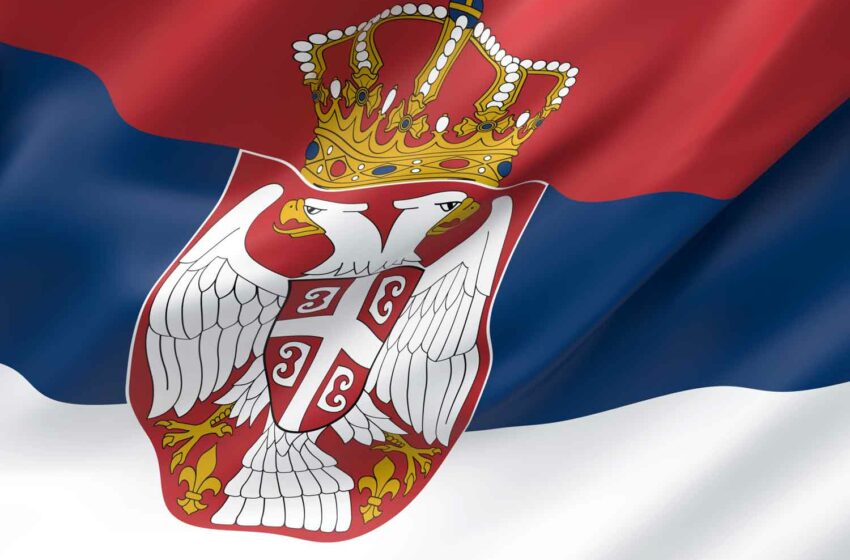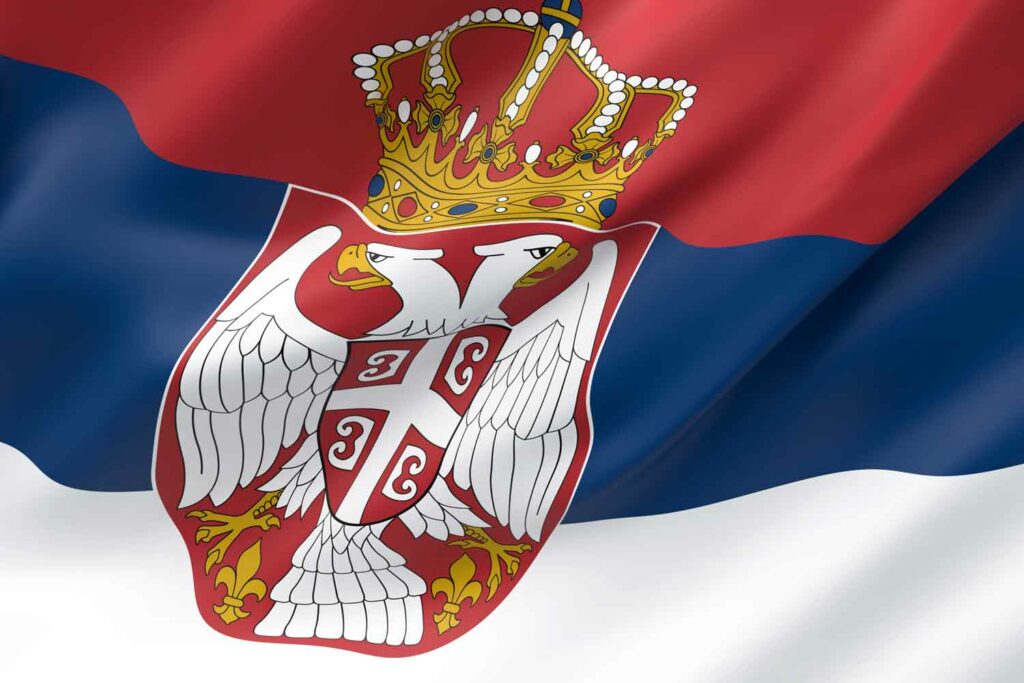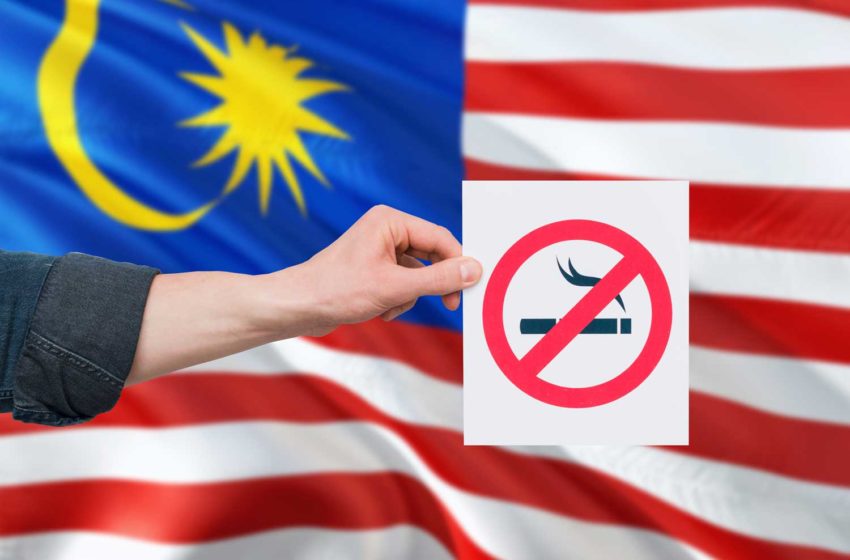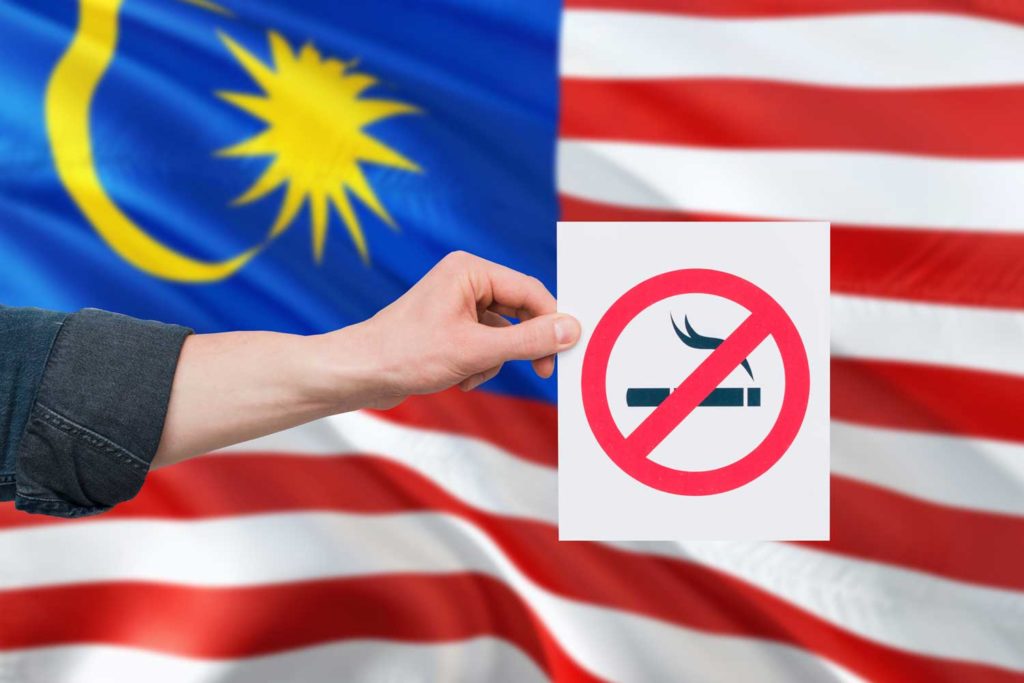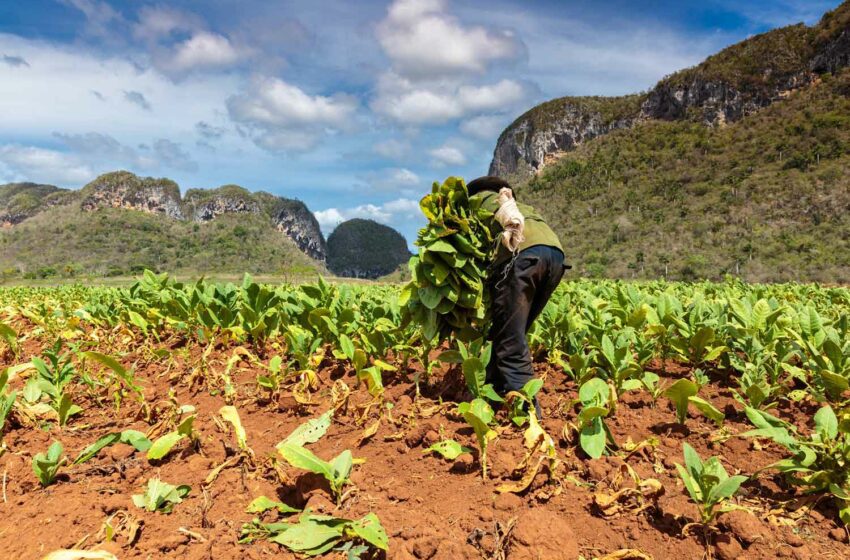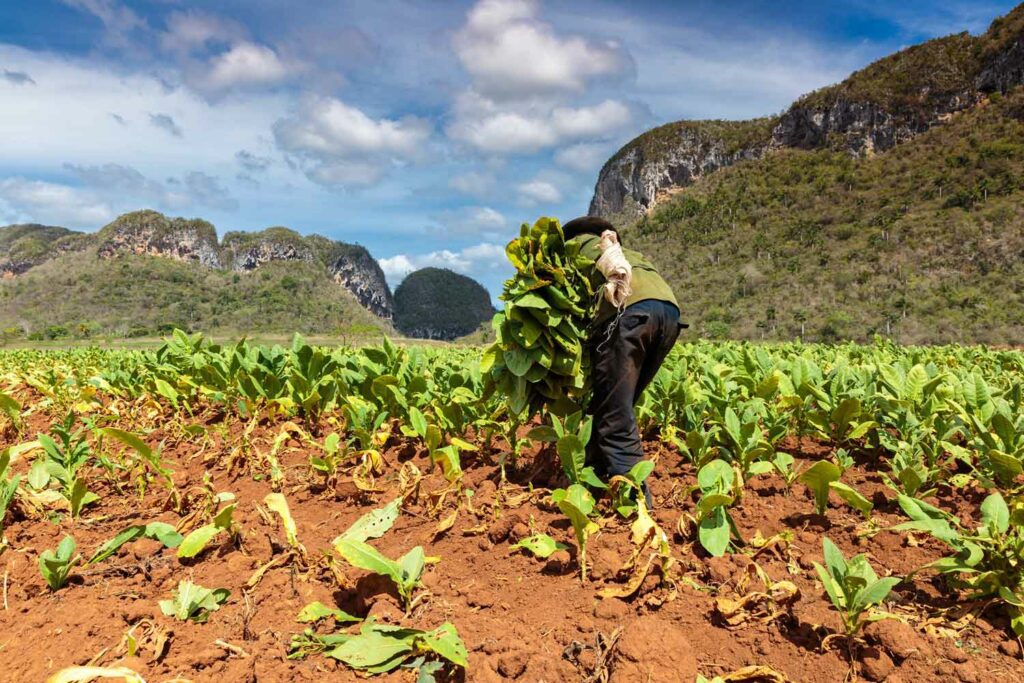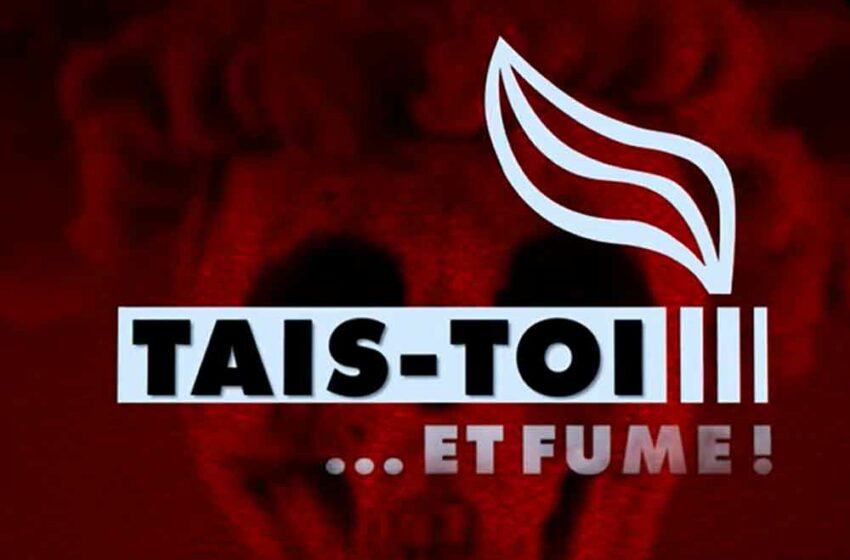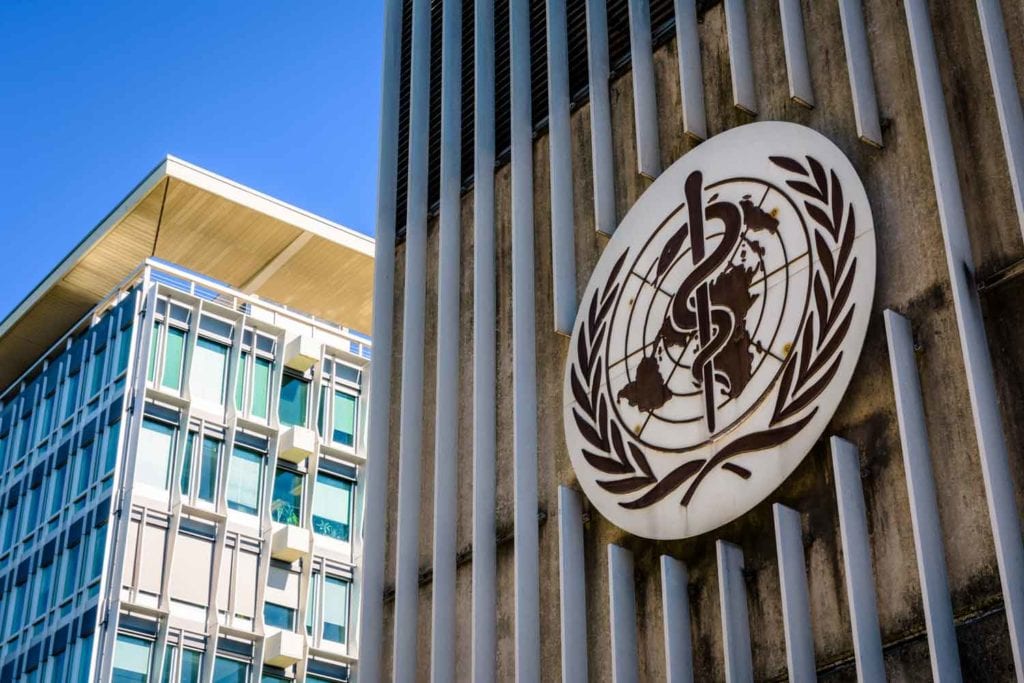
Brazilian lawmakers are considering a proposal to legalize the vaping business, reports JP.
E-cigarettes are currently prohibited in Brazil, but they are widely available throughout the nation. To restore order to the market, Senator Soraya Thronicke has proposed legislation that would regulate the production, commercialization, importation and use of vaping devices, as well as establish rules for control, inspection and advertising.
Among other measures, the proposed legislation would require vaping companies to register their products with the health regulatory agency, the federal revenue service and other agencies. It also prescribes fines ranging from BRL20,000 ($3,678) to BRL10 million for those who sell vapes to buyers under 18 years of age.
Proponents see regulation as a way to combat the illegal market and protect the population, especially youth. According to the Brazilian Institute of Geography and Statistics, 22.7 percent of Brazilian teenagers have experimented with electronic cigarettes.
Lauro Anhezini Jr, a board member of the Brazilian tobacco industry association Abifumo, believes the ban is ineffective because it enables suppliers to skirt quality standards. “What we have in Brazil today are illegal products, without any type of oversight, and they pose a risk to consumers’ health, especially teenagers,” he was quoted as saying.
Anhezini cited the example of the United States, where strict regulations have reduced youth consumption. “In the United States, after the creation of clear rules, the use of electronic cigarettes by teenagers dropped from 27.5 percent in 2018 to 5.9 percent in 2024. This demonstrates how regulation can bring a safer and more controlled scenario for consumers,” he said.
According to Anhezini, regulation would allow for greater control over product quality, reducing health risks and especially protecting young Brazilians who have easy access to illegal products.
The discussion also involves economic considerations. The federal revenue service estimates that controlled legalization of e-cigarettes could generate up to BRL700 million in annual revenue.
However, the federal highway police warns that legalization will not necessarily reduce smuggling, citing the rampant illicit trade in the regulated combustible cigarette market.
The bill is currently in the Senate’s Economic Affairs Committee and expected to return to the agenda in November.


